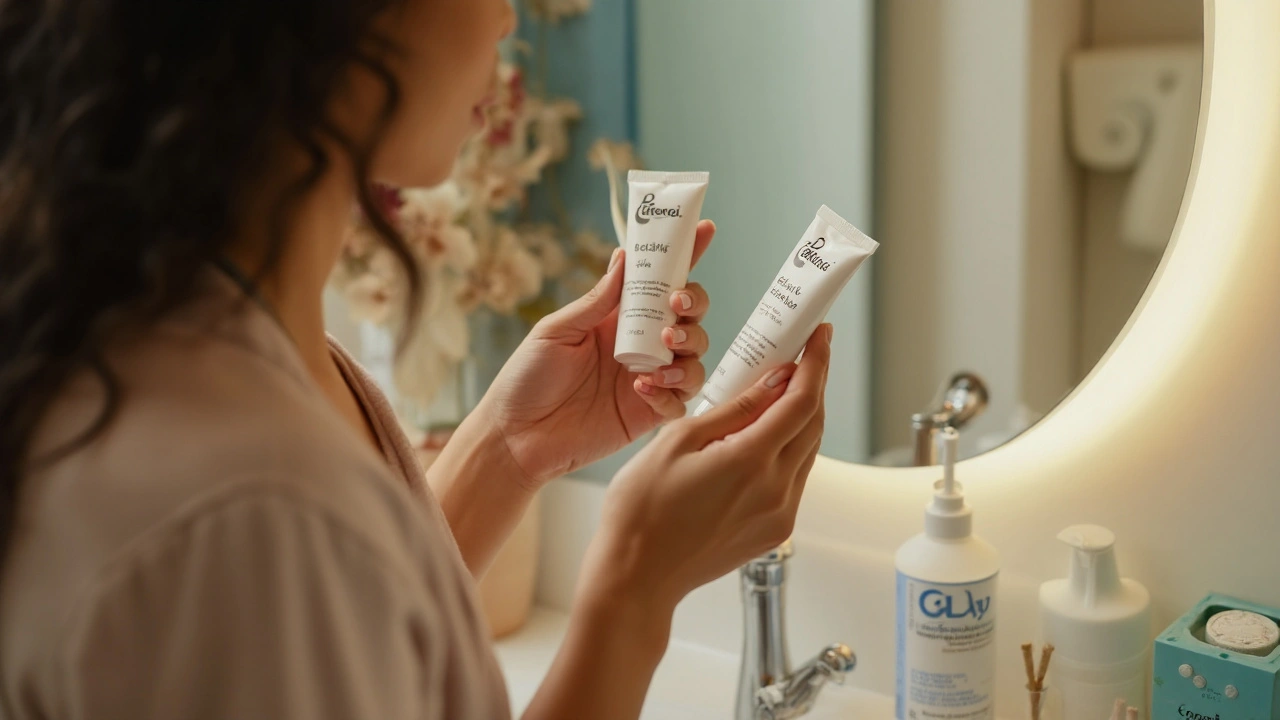Wondering if betamethasone helps cold sores? Get a clear yes/no, what to use instead, dosing that works, safety tips, and when to see a doctor.
Herpes Labialis – What You Need to Know About Cold Sores
Cold sores are those tiny, painful blisters that show up on the lip or around the mouth. Most people call them “cold sores,” but the medical term is herpes labialis. It’s caused by the herpes simplex virus (usually HSV‑1) and once you get it, the virus stays in your body for life. The good news? You can control flare‑ups and make the sores heal faster with a few simple steps.
Spotting the Signs and Triggers
A cold sore usually starts with a tingling or itchy feeling on the lip. Within a day or two, a small bump forms, then fills with clear fluid and turns white or yellow. By the third day it bursts, crusts over, and finally falls off. Most outbreaks last about a week, but they can last longer if you ignore them.
Common triggers include stress, too much sun, a fever, or a weakened immune system. Even a simple cut on the lip can reactivate the virus. Knowing your personal triggers helps you stay ahead of the next episode.
Treating Fast and Keeping It Away
When you feel the first tingling, start treatment right away. Over‑the‑counter creams with docosanol or benzyl alkohol can shorten healing time if applied early. For stronger action, prescription antiviral pills like acyclovir, valacyclovir, or famciclovir work best if you start them within the first 24‑48 hours.
Home remedies can also soothe the sore. Applying a dab of petroleum jelly keeps the area moist and reduces cracking. A cool, damp tea bag or a slice of cucumber eases the burning. Avoid picking at the scab – it only spreads the virus and can cause a scar.
To stop future breakouts, use a lip balm with SPF 30 or higher. Sunlight is a major trigger, so protecting your lips is a simple daily habit. If you get frequent outbreaks (more than four a year), talk to a doctor about daily suppressive antiviral therapy. It can keep the virus quiet and lower the chance of passing it to others.
Remember, herpes labialis is highly contagious when the sore is open. Wash your hands often, avoid sharing utensils, lip balm, or kisses until the sore is fully healed. Using a separate towel for the affected area also helps limit spread.
Bottom line: cold sores are annoying, but with early treatment, sun protection, and stress management you can keep them under control. Keep an eye on early symptoms, have a quick‑acting cream or prescription on hand, and you’ll see fewer painful episodes in the long run.

